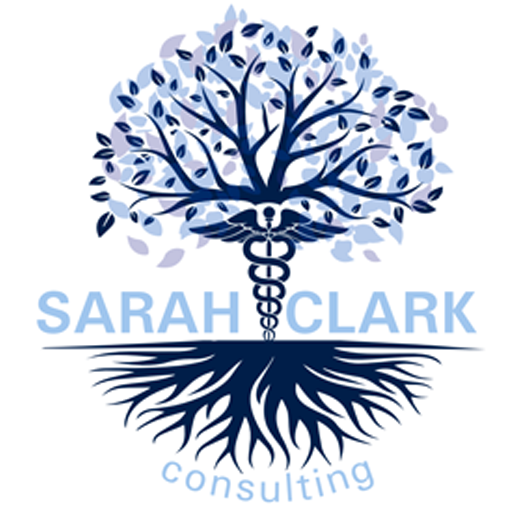
In the realm of medical and dental practices, the need for effective leadership has never been more pronounced. As a consultant specializing in enhancing operational efficiency, I understand the significance of nurturing internal talent. In this article, we will explore the crucial topic of preparing non-managerial staff for management roles in healthcare offices. Additionally, we’ll shed light on the pitfalls of promoting the most senior staff member without formal training and emphasize that not everyone is cut out for managerial roles. Don’t forget, I love providing you with actionable takeaways, so keep reading.
The Pitfall of Promoting Senior Staff Without Training
While promoting the most senior staff member might seem like the logical choice, it’s not always the best one. Experience in a particular role does not necessarily translate into effective leadership skills. The complex and dynamic nature of healthcare management requires specialized knowledge and competencies that might not be developed through on-the-job experience alone.
Managing a healthcare facility is challenging, often messy, and involves multifaceted responsibilities. Without formal training, even the most experienced staff members can struggle to navigate the intricacies of leadership. This can lead to inefficiencies, misunderstandings, and potential conflicts within the team.
Not Everyone Is Built for Management
It’s crucial to recognize that not everyone possesses the inherent qualities needed for effective management. While some leadership skills can be taught, others are deeply rooted in an individual’s personality and temperament. The healthcare environment demands strong decision-making, communication, and problem-solving abilities, which not everyone naturally possesses.
Furthermore, it’s essential to understand that not all outstanding employees aspire to become managers. Some individuals excel in their current roles and derive satisfaction from their specific responsibilities. Pressuring them into management positions can lead to dissatisfaction and a decrease in overall performance.

Preparing non-managerial staff for future leadership roles in healthcare offices requires a strategic approach. Simply promoting the most senior staff member without formal training can lead to inefficiencies and conflicts. Recognize that not everyone is cut out for management, and some skills are inherent by nature. By implementing the actionable takeaways provided, medical and dental offices can nurture the right talent, ensuring a brighter future for their practices and enhancing patient care.
Did you know Sarah Clark Consulting offers a FREE practice self-assessment? CLICK HERE to take the one minute assessment and get some great information to keep the smile on your face while making your practice more efficient!
